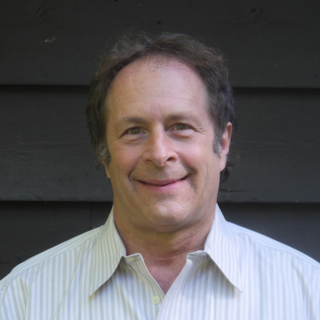A Quote by Peter Singer
In the real world, 90% of the money spent on medical research is focused on conditions that are responsible for just 10% of the deaths and disability caused by diseases globally.
Related Quotes
We start with an economic approach. We look at what are the greatest causes of death in the developing world, and what causes the largest amount of disability, which would prevent you from getting a job. A lot of those deaths start with diseases, diseases we don't get in such a great number in the United States.
The government has a monopoly on the supply of marijuana that you can use in FDA-approved research. So even though there are 20 states and the District of Columbia [that have legalized medical marijuana], and there's marijuana everywhere, we've spent seven years trying to get 10 grams of marijuana for vaporizer research. We're the only people in America that can't get 10 grams of marijuana.
Nothing changed in my life since I work all the time," Pamuk said then. "I've spent 30 years writing fiction. For the first 10 years I worried about money and no one asked me how much money I made. The second decade I spent money and no one was asking me about that. And I've spent the last 10 years with everyone expecting to hear how I spend the money, which I will not do.
When women and men have approximately equal life expectancies, it seems to be because women die not only in childbirth (fewer than thought) but about equal from diseases; poor sanitation and water; inadequate healthcare; and diseases of malnutrition. In industrialized societies, early deaths are caused more by diseases triggered by stress, which breaks down the immune system. It is since stress has become the key factor that men have died so much sooner than women.
In some parts of the world, what you are doing is already apparent.According to the World Health Organization, the warming of the planet caused an additional 140,000 deaths in 2004, as compared with the number of deaths there would have been had average global temperatures remained as they were during the period 1961 to 1990. This means that climate change is already causing, every week, as many deaths as occured in the terrorist attacks on September 11, 2001.
The benefits of medical research are real - but so are the potential horrors of genetic engineering and embryo manipulation. We devise heart transplants, but do little for the 15 million who die annually of malnutrition and related diseases. Our cleverness has grown prodigiously - but not our wisdom.
It is ironic that in the same year we celebrate the 50th anniversary of the discovery of DNA, some would have us ban certain forms of DNA medical research. Restricting medical research has very real human consequences, measured in loss of life and tremendous suffering for patients and their families.
I think from an economics point of view, it is important that the money that is spent for health care is well spent - what is the cost-effectiveness of the money that is used? - because if the money is well spent, many people benefit from the system, and it is also a good market for finding employment. I do not see a reason why we should limit ourselves when it comes to very qualified and humane employment opportunities if there is no waste and if there is medical need.
The medical profession [in Egypt] is also very commercial. Health is not given to the poor. You know, if you have money, you have medical care; if you do not, then you are in trouble. I was not ready at all to build my economic security on the diseases of people, on suffering, especially of women and children. So, in a way, I rebelled against it.








































